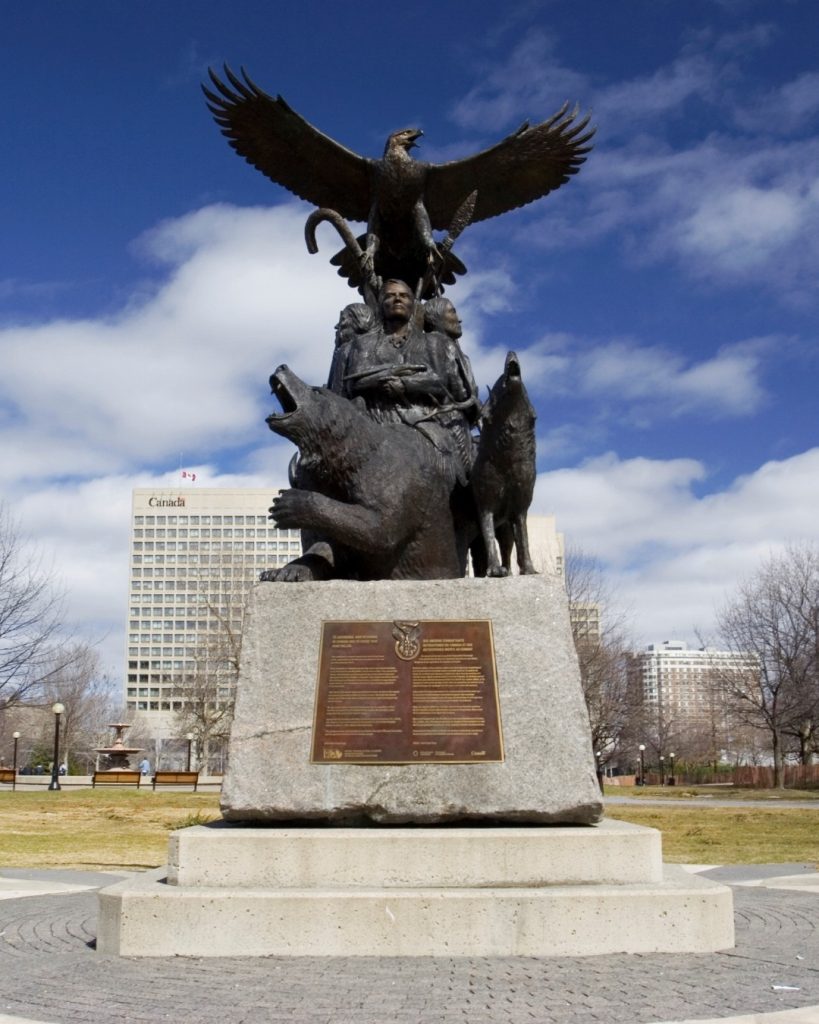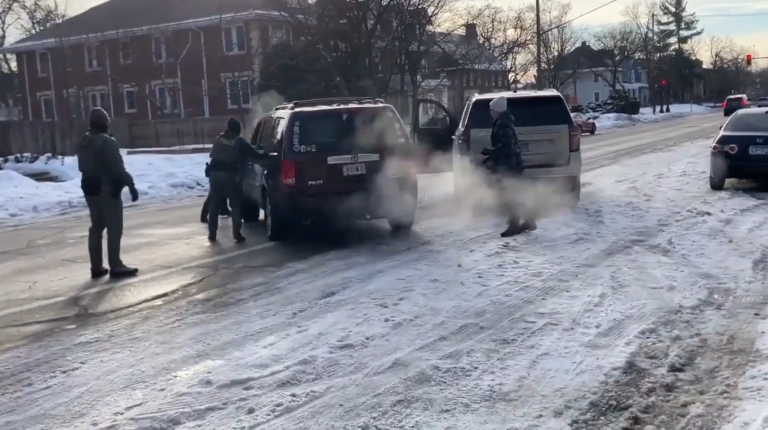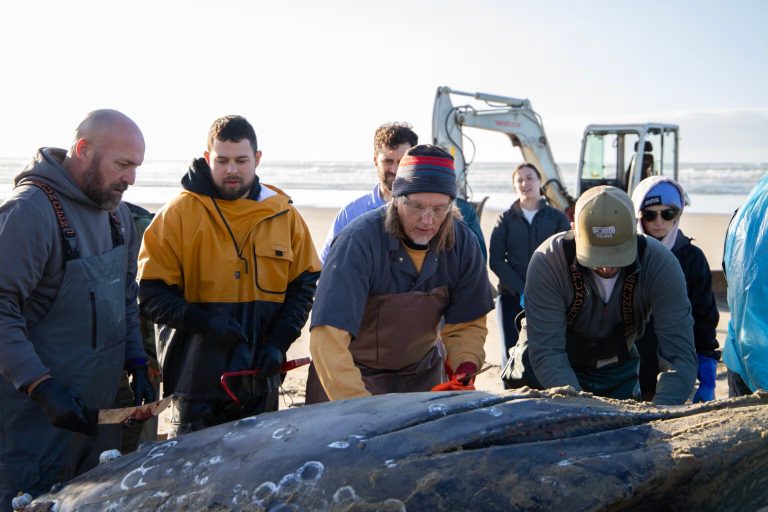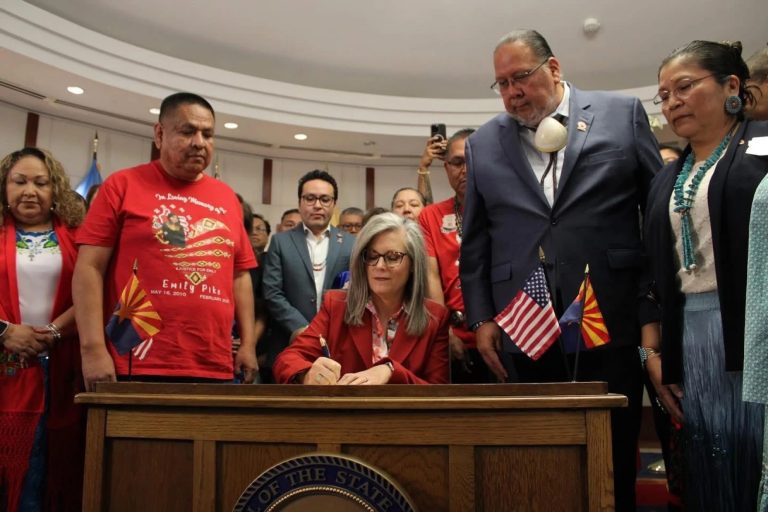Podcast: Play in new window | Download | Embed
On Tuesday, Canadians will pause for Remembrance Day to honor those in the military who died serving their country, as well as those still serving.
But as Dan Karpenchuk reports, special ceremonies were held over the weekend to honor Indigenous members of Canada’s military.
It’s Indigenous Veterans Day and has been commemorated since 1994.
Indigenous members of Canada’s military shared their stories at ceremonies across the country.
In Ottawa, Defence Minister David McGuinty addressed one ceremony.
“Throughout our history, First Nations, Inuit, and Métis members have served with exceptional bravery and distinction in the Canadian Armed Forces. They have fought, endured, and sacrificed in our name. From Vimy to Dieppe, from Korea to Afghanistan, Indigenous service members have demonstrated extraordinary skill, courage, and devotion to duty.”
Indigenous Veterans Day came about because many of those veterans were not given the same benefits as their non-Indigenous peers.
Ray Deer is the president of the Quebec’s only First Nations-operated Canadian Legion. He says people need to know about the contributions made by Indigenous members of the military.
“I think by joining the military it gives us a voice. It gives us a voice that can be heard amongst the Canadians and the Americans because they know we served alongside them. Without doing that, without serving alongside them, you’re more than invisible, we are invisible as it is, but it would be worst off if we did not participate.”
Other Indigenous veterans say the gained respect from military colleagues for their character and their ability as soldiers, but some say the camaraderie vanished when the fighting was over and there was a return to Canada.
The federal government says more than 4,000 Indigenous people served in the military in the World War I and 3,000 served in the World War II.
Recently, the government acknowledged the unfair treatment of Indigenous soldiers where many thought their rights and standing would improve when they returned home, but as efforts towards reconciliation gained momentum in recent years, there was more effort to recognize Indigenous veterans and their contributions.
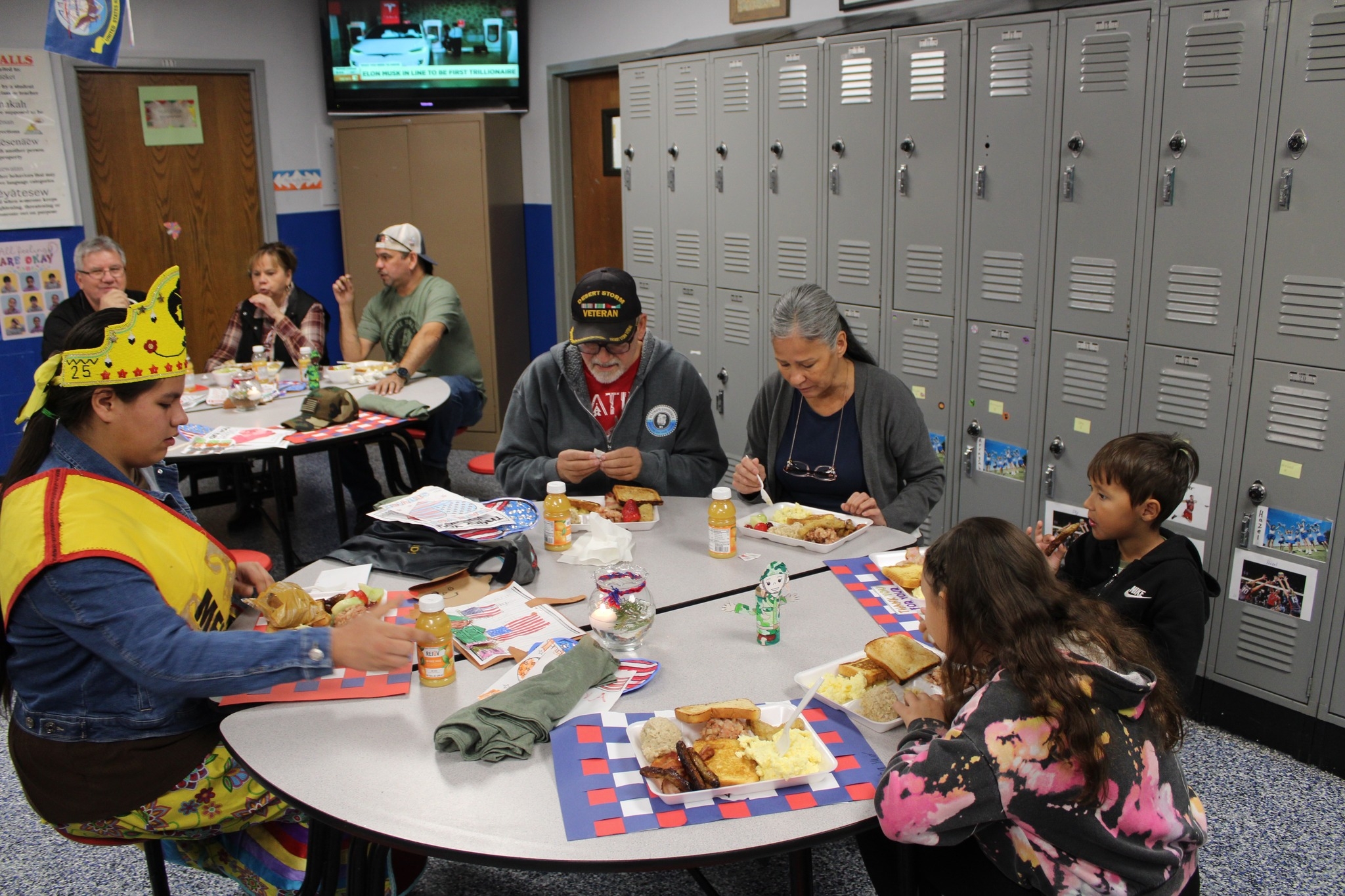
Menominee Tribal School hosted its Veterans breakfast event on November 7, 2025. (Courtesy Menominee Indian Tribe of Wisconsin / Facebook)
A tribal school district in northeast Wisconsin says the government shutdown has impacted federal funding it relies on for salaries, supplies, and student programming.
Judith Ruiz-Branch has more.
The Menominee Indian School District is one of about 20 school districts in Wisconsin receiving Impact Aid funding. The program provides support for public schools on federal lands.
Marcus Denny, superintendent of the district, said they have limited access to local tax dollars due to a small taxable land base, so program funds cover about 40% of their budget. Payments have not gone out because of the government shutdown.
“That’s impacted our budget big time. We’ve had to move around a lot of funds from our general fund. We had to seek a line of credit with our bank to help meet operational needs. It’s impacted us heavily.”
The district serves about 1,000 students and Denny pointed out many of them come from high-poverty backgrounds. He noted food assistance cuts due to the government shutdown are also having broader community effects as many students do not have adequate access to food at home.
Denny stressed community organizations and the tribal government are working together to support local families by stocking food pantries and soliciting donations to send home with students. He added school staff are also using personal resources to provide for students in need.
“We’ve had classroom teachers at our elementary school put things together for kids to take home on the weekends if there was any inclination of any type of food shortage for them or anything.”
Denny emphasized the Impact Aid office has been in frequent communication with districts throughout the government shutdown and has informed them payments will be processed once operations resume.
Despite concerns about resources becoming increasingly scarce should the shutdown continue, Denny underscored he has confidence in his community.
“The Menominee people and Indigenous people in general are very resilient and we’ve faced challenges for years with the government. This is just another bump in the road for us, and we just continue to do what’s best for our kids and our community.”
Get National Native News delivered to your inbox daily. Sign up for our daily newsletter today.
Download our NV1 Android or iOs App for breaking news alerts.
Check out the latest episode of Native America Calling
